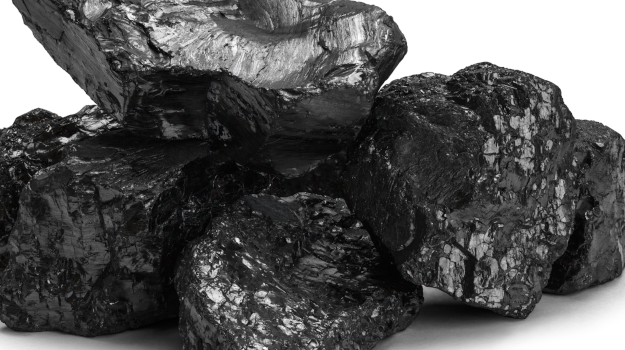
- Tropical Storm Eloise is expected to become a cyclone before making landfall later on Friday or early Saturday near the port of Beira in Mozambique.
- Eskom has put plans in place to deal with tropical storm Eloise, it said on Friday.
- Eloise is forecast to lose strength as it moves across land, but is still expected to cause heavy rainfall where key power stations are located, posing a risk of wet coal.
Eskom has put plans in place to deal with tropical storm Eloise, it said on Friday – this after reports that the storm, which is expected to make landfall on Friday or early Saturday near Beira in Mozambique, could affect electricity supply in South Africa.
The storm is expected to become a cyclone and bring over 200mm of rain in 24 hours, with winds of up to 150 km an hour. It hit Madagascar earlier this week, killing at least one person.
"With tropical storm Eloise imminently expected to hit the eastern and northern parts of the country during the weekend, Eskom has assessed the risks and the possible impact on our infrastructure and the provision of electricity," it said in a statement.
"Eskom has put contingency plans in place and our teams are on standby to do everything possible to mitigate these risks."
It said "several plans" are in place in anticipation of the storm and that the power utility would be covering a larger area than weather experts expected to be affected.
The storm is expected to cross transmission lines that import around 1 000MW of power into South Africa from Cahorra Bassa in Mozambique.
"While these lines and towers were reinforced a few years back after flooding downed towers, the two lines do still remain vulnerable during a tropical storm such as Eloise. We have placed extra staff to attend to faults as quickly as humanly possible, and we ask consumers to exercise patience when they have outages as the safety of our staff is paramount," Eskom said.
Heavy rainfall and storms are also expected to hit large area of Mpumalanga, where many of Eskom's power stations are located. It could also hit Lephalale, which is home to another two large power stations.
A key risk is wet coal, Bloomberg earlier reported. Heavy rainfall for several days can impact cal handling at mines and power stations.
"There are some power stations in the Mpumalanga area that have been experiencing ash dam constraints. Continuous heavy rainfall over these power stations could hamper operations and recovery efforts already underway," Eskom said.
The utility is working with the National Disaster Management Centre as well as Provincial Disaster Management Centres in Limpopo, Mpumalanga and KwaZulu-Natal.
